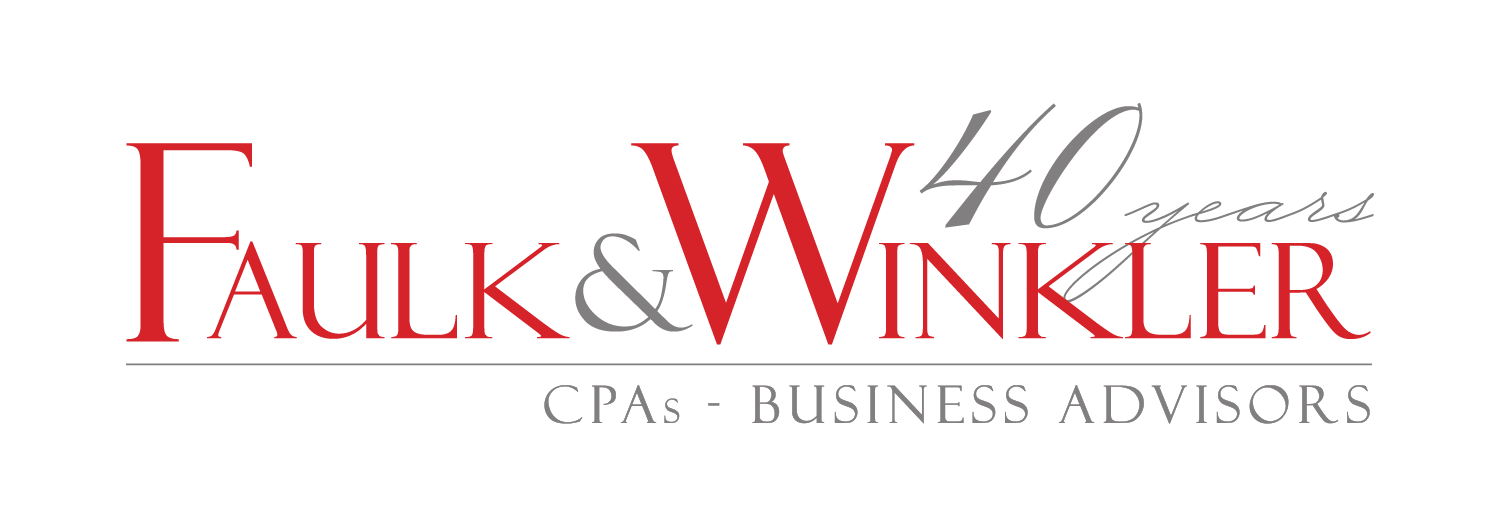Paycheck Protection Program Flexibility Act
Wednesday night, the Senate passed the Paycheck Protection Program Flexibility Act and the bill is now expected to be signed into law by the President.
The primary changes to the PPP's provisions are as follows:
The percentage of the loan that must be spent on payroll and related costs is decreased from 75% to 60%,
Some guidance suggests that the 60% requirement is now a cliff, meaning borrowers who do not meet the 60% payroll requirement will receive no loan forgiveness. One House member stated the bill's intent was to leave the sliding scale in effect at 60%. Senators have stated that technical tweaks could be made to restore the sliding scale.
The timeline for forgivable expenses is increased from 8 weeks to 24 weeks. Current borrowers can choose to keep the original 8-week period or extend, while new borrowers will be given the 24-week period, but cannot extend beyond December 31, 2020,
The minimum payback period is extended from 2 to 5 years (*if the borrower and lender agree),
The period to restore employee count and wage levels is extended from June 30 to December 31,
Borrowers will be allowed flexibility if they are unable to find qualified employees or are unable to resume regular business operations due to operating restrictions due to COVID-19, and
Borrowers who took a PPP loan can now also delay their payroll tax payments.
We will continue to provide updates as the legislation is finalized and signed into law. We will also update our forgiveness calculator when the final terms of the bill are known.
Thank you, and feel free to reach out to anyone at Faulk & Winkler if you have any questions.
Sincerely,
Faulk & Winkler, LLC
Baton Rouge, Louisiana
